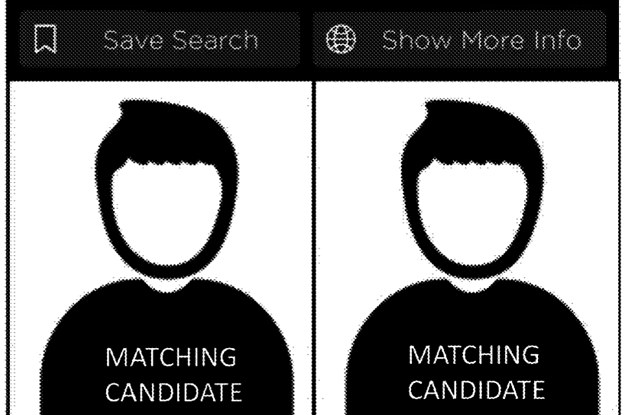A patent unveiled on Thursday describes several potential uses for Clearview AI, such as creating networks for people in industries like real estate or retail to “share headshots of high-risk individuals.”

A recent patent application from Clearview AI has sparked significant debate by proposing a facial recognition system designed for dating platforms and identifying vulnerable populations, including individuals who are unhoused or use drugs. This development raises critical ethical concerns about privacy, consent, and the potential misuse of advanced technology.
The application outlines a method that could allow users to match with potential romantic partners based on facial recognition, ostensibly enhancing the dating experience. However, the implications extend beyond casual interactions. Critics argue that employing facial recognition in such contexts could exacerbate existing societal biases and stigmatization, particularly for marginalized groups. The technology could potentially be used to surveil and identify individuals experiencing homelessness or substance use issues, further invading their privacy.
Clearview AI, known for its controversial practices in scraping public images from social media, has faced scrutiny for its role in law enforcement and privacy violations. The introduction of this patent highlights the need for robust regulations surrounding the use of facial recognition technology, especially given its capacity for harm when applied indiscriminately.
As discussions around the ethical implications of technology intensify, advocates are calling for stricter guidelines to protect vulnerable populations from potential exploitation. The patent application serves as a reminder that while innovation can offer benefits, it is imperative to prioritize human rights and dignity in the pursuit of technological advancement. The conversation surrounding Clearview AI's proposal underscores the ongoing struggle to balance innovation with ethical responsibility in an increasingly digital world.
Post a Comment